At 7 AM every morning, based in the coastal town of Nuweiba, Seham ElSaeed and her family climb the mountains to feed their herds of goats. The air is clean, the skies are clear, and there is no more work, schools, or tourism: their only income comes from their natural environment.
As cities around the world are in lockdown due to the COVID-19 global pandemic, certain communities, like the Bedouin in Egypt’s Sinai, are locked out from the world. On the top of the mountains, there is no curfew to pin them down – no lockdown or stable internet connection to keep them constantly hung up or bothered by updated news on the novel virus.
Before the first case that was confirmed in April, North Sinai was Egypt’s only governorate with no COVID-19 cases. Globally, bigger cities have been the epicentre of the virus, yet this does not mean that rural communities are completely immune from it. In fact, experts warn that these communities might suffer even more in the long term, as not only are resources for the sick are fewer, but also because these communities tend to be more close-knit and depend more on family labour for income.
“The first case was not from within the Bedouin community. If we had just one case of COVID-19, we would all be infected,” Seham tells Egyptian Streets, “because as a community we love gatherings, it is part of who we are. This Ramadan we only had five iftars (meals) at home, and the rest were with other people in our community.”
But the virus is not just a health challenge; it is also a unique economic challenge for many communities that survive on a day-to-day basis, which accounts for the majority of the Bedouins in Sinai whose main source of income comes from tourism.
The economic challenge: locked out from opportunities
In the 1990s, following major terrorist attacks on iconic touristic attractions in Upper Egypt, such as Luxor, the economic development of the Sinai and its transformation into a hub for touristic activity came to be prioritized by the Egyptian state. In 1994, the Ministry of Planning drew up a national plan entitled ‘The National Project for the Development of Sinai’ which centred on tourism as a priority sector in the development of the area. Agriculture and transport were also included, as exemplified by Al-Salam Canal that transports Nile water into North Sinai.
The prioritisation of tourism in development in the early years led to nearly over 90 percent of the population in the area living off of tourism money, according to Heba Aziz in ‘Employment in a Bedouin Community: The Case of the Town of Dahab in South Sinai.’
Nevertheless, current efforts to put integrated sustainability at the heart of developmental projects should not be overlooked, which target the development of communities through diversifying their sources of income and increasing agricultural activity. In May 2020, Minister of Planning Hala El Said stated that developing the Sinai is considered a ‘top priority,’ dedicating a total of EGP 3.68 billion for developmental projects.
“Today tourism has gone to zero. That’s completely unprecedented.”
Since the measures that were imposed by the government in March to help contain the virus, work has nearly become obsolete for many Bedouins. Trips were cancelled and tourism camps have closed. Hikes and safaris have also stopped. “Today tourism has gone to zero. That’s completely unprecedented. We’ve never seen it before,” says Ben Hoffler, co-founder of ‘Sinai Trail’, Egypt’s first long-distance hiking trail and the leading Bedouin run hiking trail in the Middle East.
The Sinai Trail was officially recognised by Egypt’s Ministry of Tourism in 2018, and its sister project the Red Sea Mountain Trail in Hurghada was ranked as TIME’s world’s greatest places for 2019.
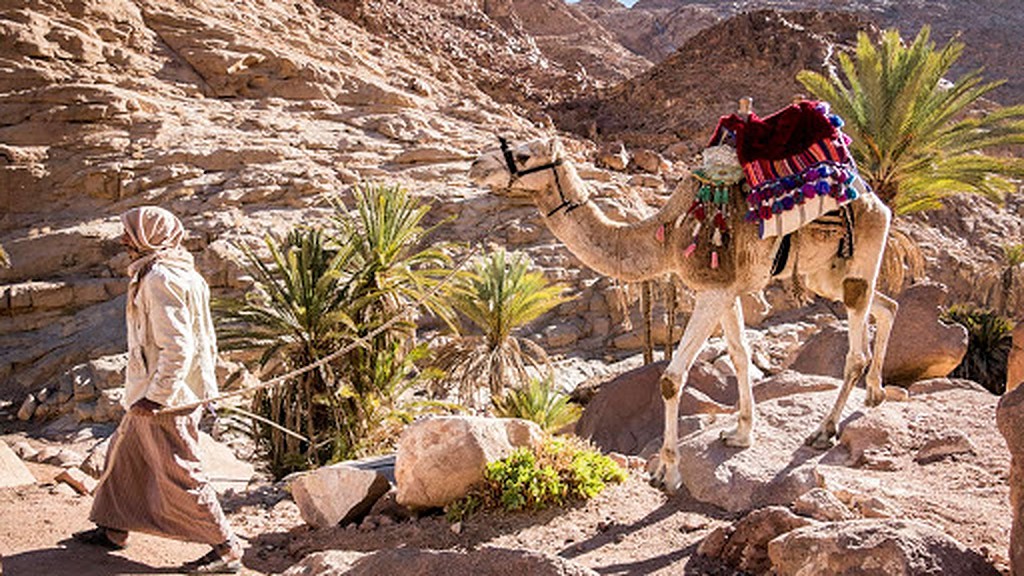
Despite operating during the worst lows in Egyptian tourism, coming out of the turbulent political events in 2011 and 2013 and opening in 2015 during the insurgency in North Sinai, the COVID-19 crisis is producing bigger questions on what looms ahead.
“Trying to anticipate what will happen in the future is harder now. We don’t how the pandemic will affect global travel,” Hoffler notes.
“We expect domestic tourism will be the first kind to return then regional and international tourism, but the Sinai Trail won’t necessarily open straight away: we’ll weigh up the pros and cons carefully before any decision as the stakes are high.”
Notwithstanding the uncertainties, the “Sinai Trail will always be here,” Hoffler says.
“As a path, it’s not something that will die. Sinai Trail has grown strong in the adversity it has faced in the last years and this is a good preparation for everything it faces now. At the core of the Sinai Trail is an indefatigable spirit that will see it through.”
“This is probably the biggest economic crisis we have ever faced.”
For families, economic repercussions are bound to intensify even more in the upcoming period, bringing new crises such as food insecurity which usually hits marginalised communities more severely. Those who relied on tourism for income are now resorting to older ways of life, such as fishing, farming and goat herding, bringing little income to sustain the family.
“No one is paying Ramadan zakat (obligatory charity) now because of this crisis. It is impossible. Today I could only pay for the necessary food items. With tourism money, I could buy items up to 50 EGP, but now the maximum I would go for is 20 EGP,” Seham notes. “This is probably the biggest economic crisis we have ever faced.”
To mitigate the negative economic impacts, the government introduced monetary compensation (500 EGP) for informal workers registered at the database of the Ministry of Manpower. “Some people here already received their monetary compensation, while others have registered and are still waiting to receive them.”
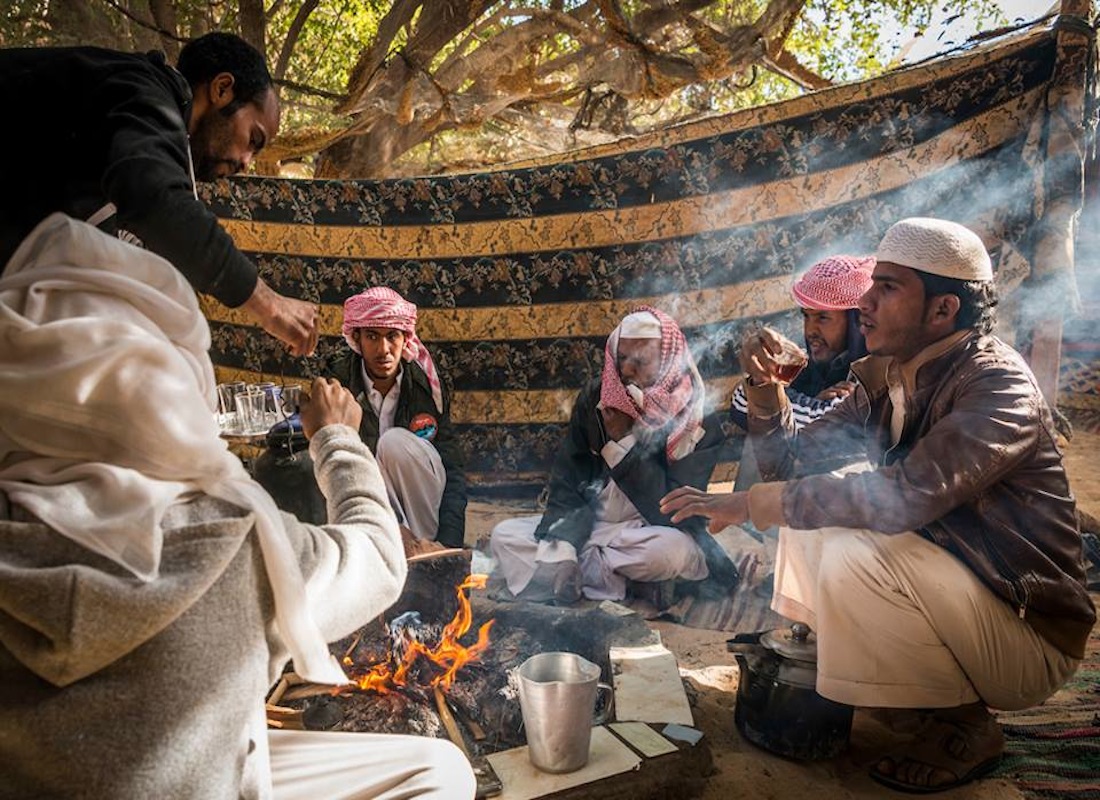
Digital learning and online job opportunities are also harder to access for young and ambitious individuals like Seham, who received a scholarship five years ago to study political science at a private university in Cairo.
“I am personally quite frustrated, because I want to be able to go to Cairo and find a job, but I can’t. Everything stopped for me. I also cannot work online because the connection is not as stable, and the whole culture of online learning or online work is not really known here, we don’t use the internet for work at all,” she says.
A return to traditional ways of life – rather than a new normal – is now the case for these Bedouin communities.
“There is no curfew on the mountains. Children are running and playing around all afternoon, and since the COVID-19 crisis, I’ve met so many more people on the mountain. We are starting to gather more and create more memories,” Seham adds, “as a community, we are also supporting each other and helping one another, which is something that is deeply embedded in our culture.”
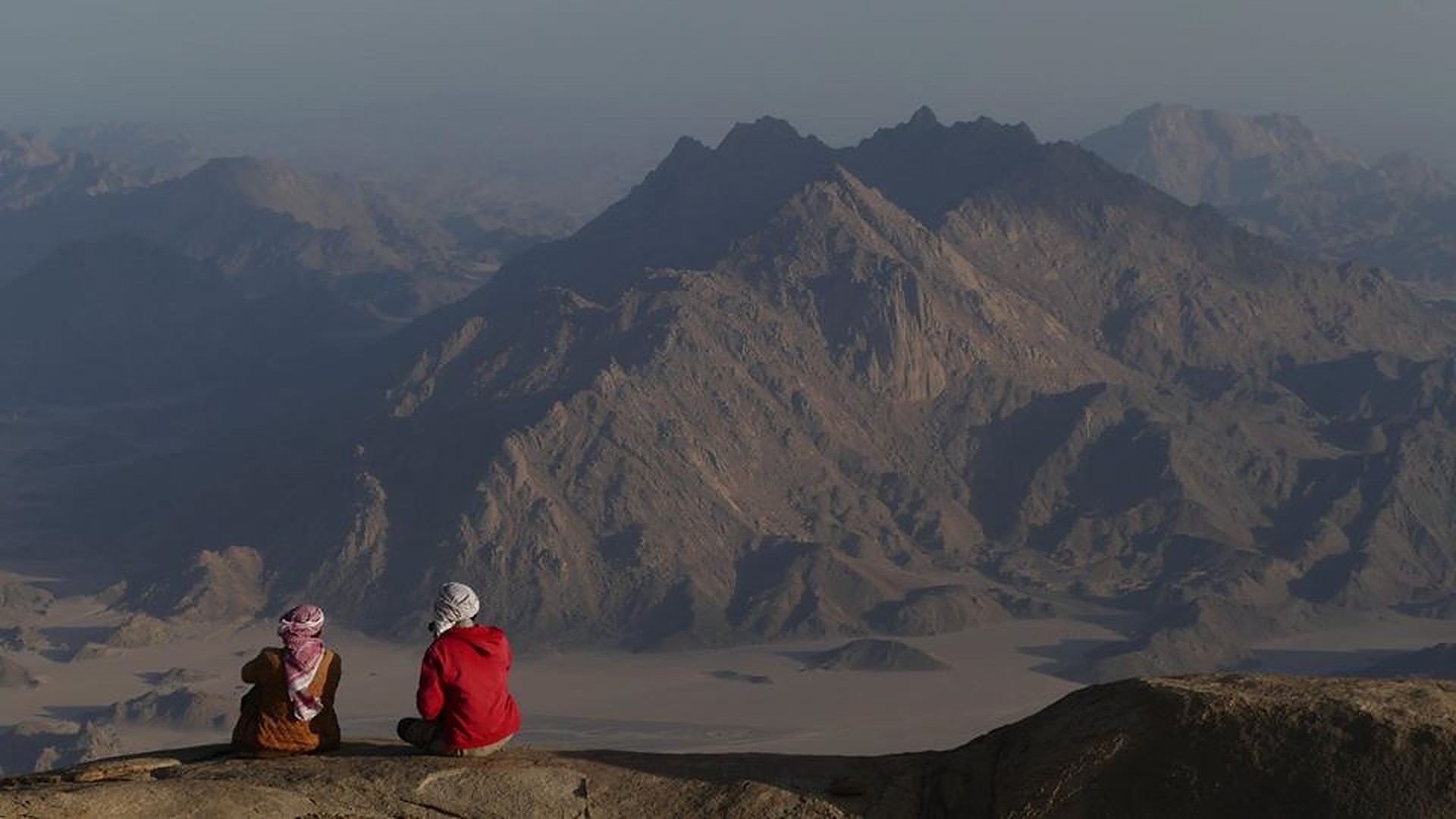
Yet it is likely that this crisis will see new patterns of employment also grow, as anthropologists have historically described the patterns of employment for Bedouins to be determined by their demographic changes.
“The Bedouin have always had a diverse economy: if one part of the economy declined another part was awakened to work,” Hoffler adds, “and this is what is happening to an extent now and what I think will happen increasingly as the pandemic goes on.”
“Bedouin tribes are close knit social units and everybody is sticking together too, helping each other through these times.”
The social challenge: building bridges
The COVID-19 pandemic is also a social problem that challenges the way we understand and prioritise certain values in life. As social beings, we are discovering new modes of interaction and ways of living that were never considered to be the norm or the reality a few months ago.
Solidarity, cooperation, and collaboration are now more significant than ever. New forms of international assistance are being considered for developing countries that are at risk of collapse, and collaboration rather than competition is now being revived among local businesses in Egypt and elsewhere.
These values, which are also embedded in traditional Bedouin culture, are critical to ensure that fairer and inclusive societies will emerge after this crisis. Leaders must now explore new ways to engage with these communities, and answer the question: how can we continue engaging with vulnerable communities in a post-COVID-19 world?
Abeer Seikaly, a Jordanian-Palestinian architect and interdisciplinary creative thinker with Bedouin roots, is introducing new and innovative ways for the world to centralise communities at the heart of every process of development. Her work can be summarised as a journey of exploration on how nature, tradition and technology are all inter-linked, and how we can reuse existing cultural and traditional elements in the contemporary world.
“I think the important thing behind this whole crisis is the idea of locality; local identity, local resources, and local tourism. It’s forcing us to rethink about what tourism is today, and how we can reinvent tourism in order to benefit these communities,” Seikaly tells Egyptian Streets.
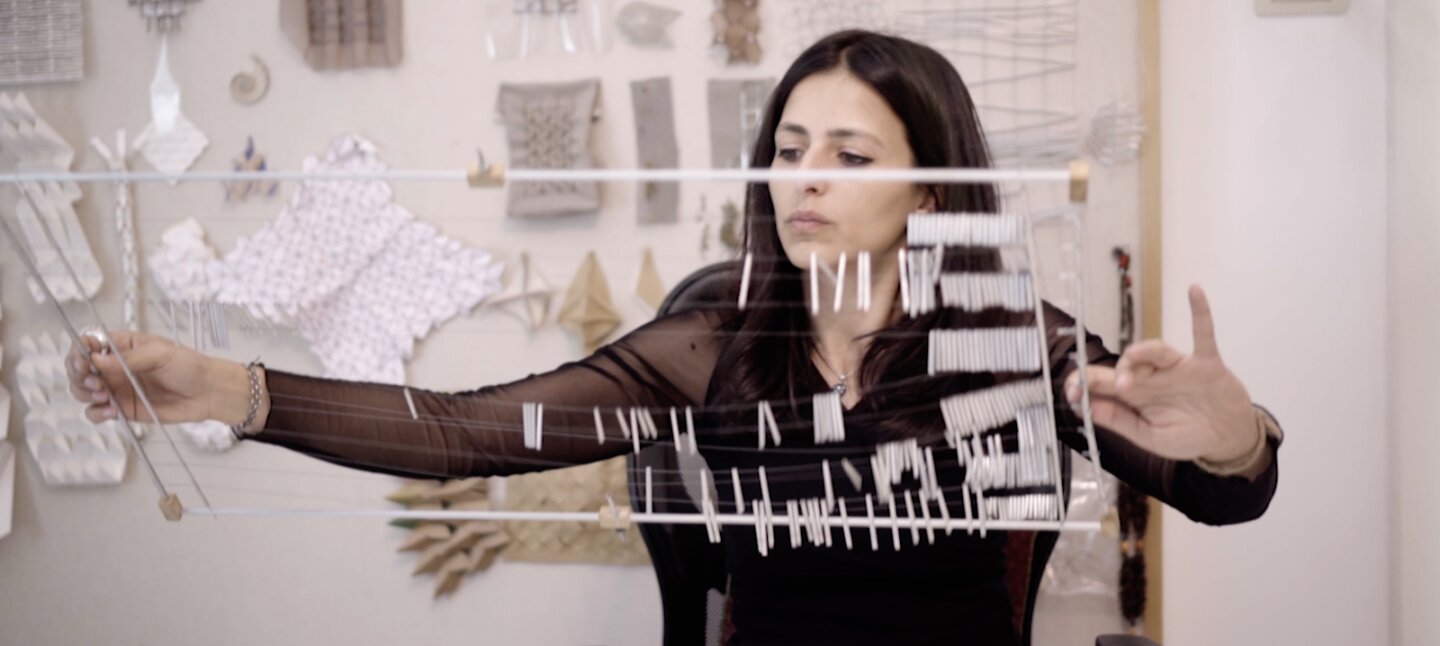
Finding ways to benefit communities has been the main driver in all of her work, starting from her innovative tent for refugees in 2013 that helped address the idea of ‘dignified shelter’ to meet their needs. Yet gradually, this project evolved and changed her understandings of home and traditional practices, and how ‘primitive’ ways of building homes can in fact be more than ever necessary today.
“Over time, I realized that it is not a product that I am developing, it is a social technology; a cultural practice where the community is at the centre of it,” Seikaly notes, “and that’s how architecture was like in the past, it wasn’t people building their environment to create profit and impose structures on people, but they co-created these spaces and built things together invisibly in order to fulfil their needs.”
“…it wasn’t people building their environment to create profit and impose structures on people, but they co-created these spaces in order to fulfil their needs.”
Working with Bedouin women in Jordan in her fascinating project ‘Meeting Points’, Seikaly looked at how demographic changes and impacts of tourism affected social roles, pushing women to abandon their tent-craftsmanship as men began to engage with the new emergent economy.
Failing to integrate these communities in tourism-led economic development, women-held knowledge of “adaptive environmental tent-craftsmanship”, which were tents that were made to adapt environmentally to the harsh climate of the Jordanian Badia, ceased to exist. In the face of modernity and tourism, traditional forms of knowledge and the central role of communities were being held back.
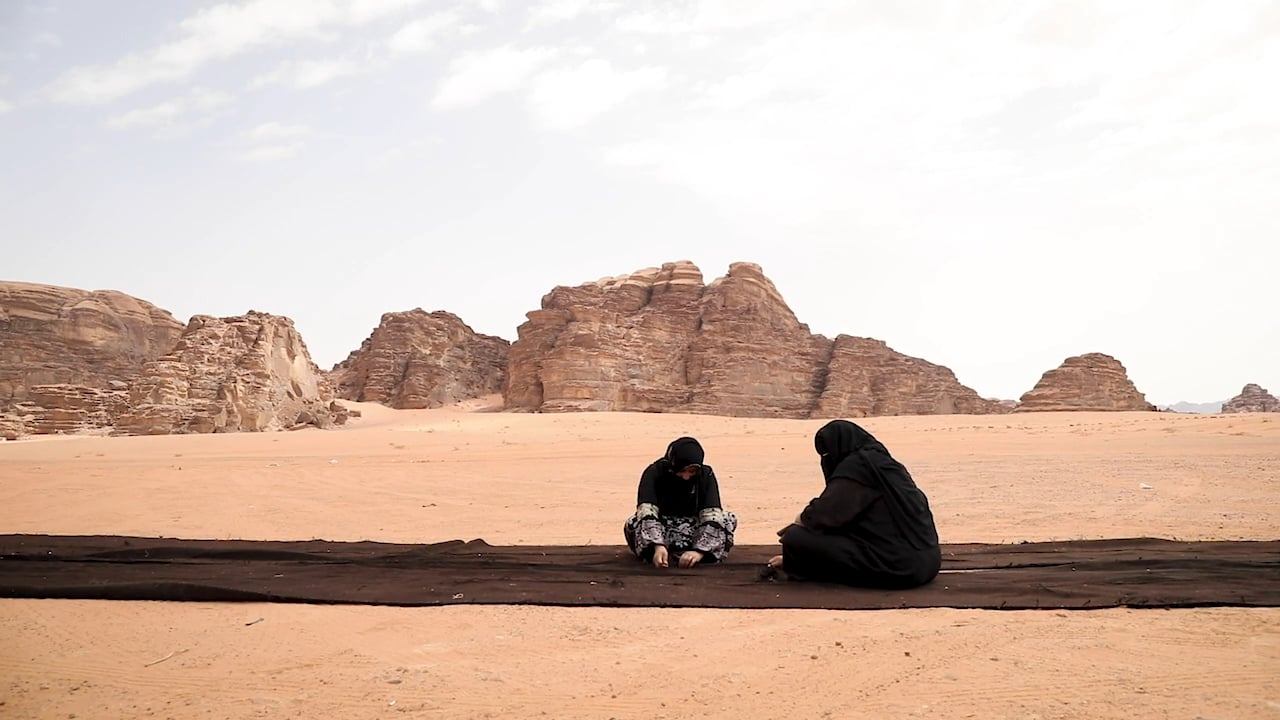
Seikaly’s work focuses on putting back the spotlight on these women and making their work more visible, exploring what can be done to integrate it with the technological tools that have evolved in the 21st century.
“I am trying to think of ways to use technological tools such as virtual and augmented reality to allow the community to participate in making these homes, provide them with an opportunity to learn about what already exists, and communicate aspects of cultural heritage.”
“I find that there is a return back to this notion that at the core of it all, the basics of survival…where you can be self-sustainable in every sense, is now a necessity and a luxury, not something that is primitive,”
Essentially, her work counters the idea that communal and traditional practices are in fact primitive, particularly during the times of COVID-19. Instead, they can evolve, grow and even adapt with the contemporary world.
“I find that there is a return back to this notion that at the core of it all, the basics of survival, which includes having skills where you can make, plant and build things, where you can be self-sustainable in every sense, is now a necessity and a luxury, not something that is primitive,” she says.
Recently in April, as the area remains to be a hotbed for ISIS terrorists, Egyptian President Abdel Fattah Al Sisi kicked off more developmental projects in Sinai amid the pandemic, describing it as “national security, which cannot be measured by money”.
It included the Al-Mahsama Irrigation Drain water treatment plant, which is expected to provide more than 12,500 direct jobs and 150,000 indirect jobs for communities in the area and achieve sustainable development of the Sinai Peninsula.
Solving economic challenges must also be met with solving social challenges, and finding creative means to engage with the communities while reconsidering the understanding of development.
“They are people that don’t fight nature, they work with it,” Seikaly adds, “I think the challenge will be how we – as urban settlers – will be able to transform our own urban values into something that is more sustainable. It is not what we build, but how we are building.”
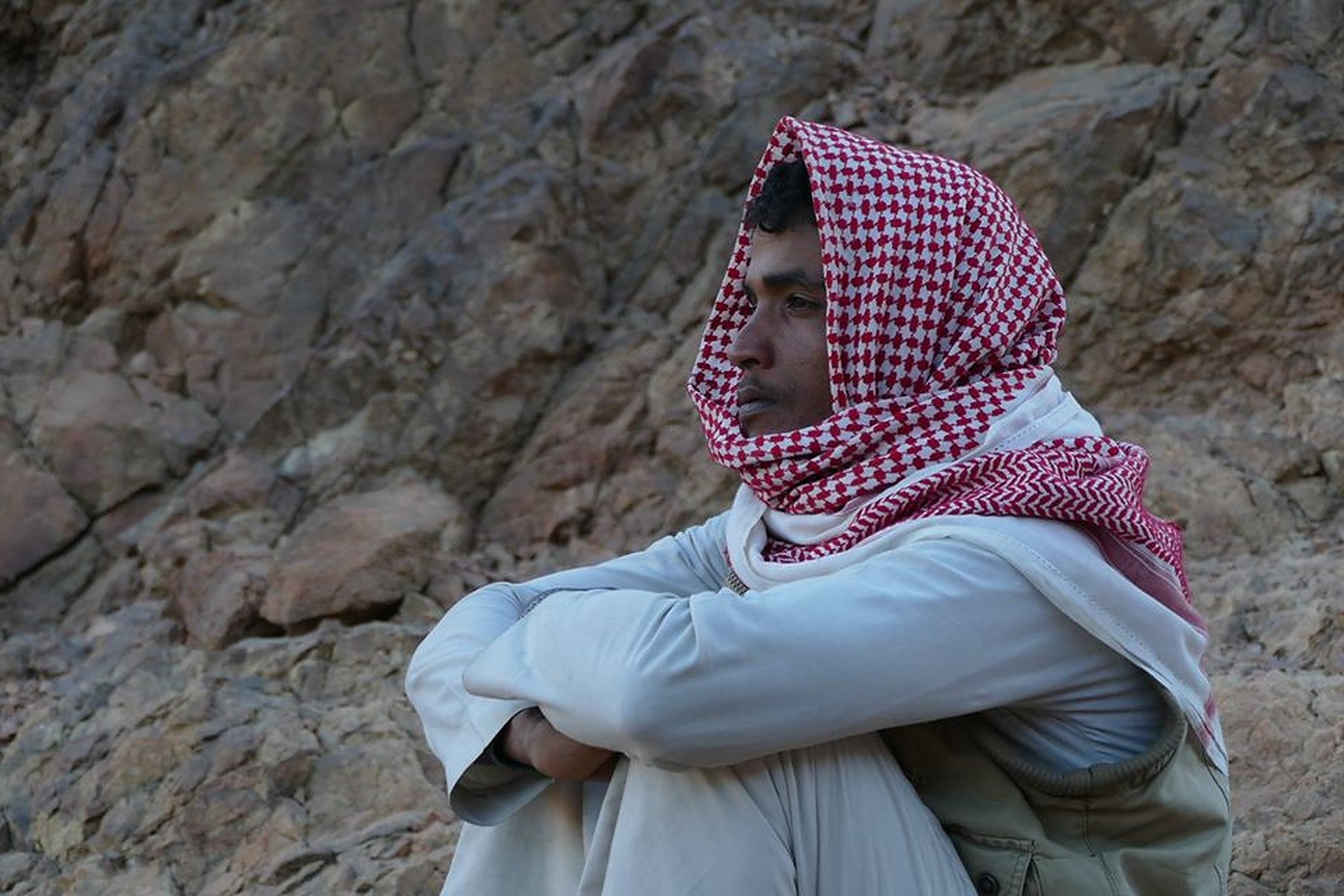



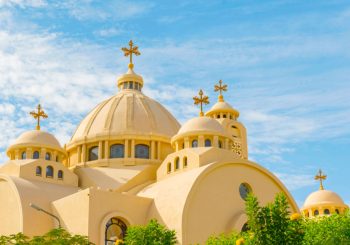
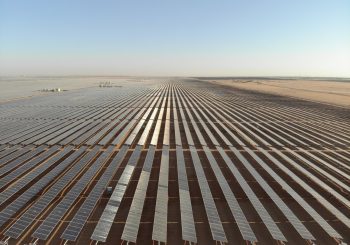
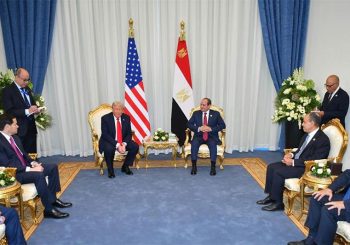
Comments (9)
[…] and the efforts by the government to revive tourism, community projects are often the ones to get left behind due to limited resources. For that reason, it is significant to centralize sustainability and the […]
[…] Locked Out: How Bedouins in Egypt’s Sinai Are Coping With COVID-19 Crisis […]